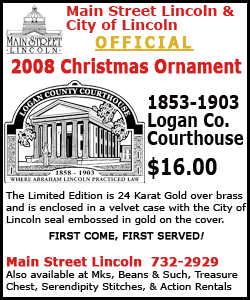| ||||||||
| ||||||||
Conte first took power in a 1984 military coup after the death of his predecessor. As a post-Cold War democracy wave swept the continent, he formed a political party and won elections in 1993. He was re-elected in 1998 and 2003, but all the elections were viewed as fraudulent. Conte also changed the country's constitution to eliminate term limits. For years, Guineans complained but saw stability as preferable to the bloody civil wars in neighboring Sierra Leone and Liberia, or the fighting in Ivory Coast. But his unpopularity grew in his final years as the economy deteriorated. Regional experts have long warned that Conte's death or ouster could send it into turmoil. Conte, who was believed to be in his 70s, was Guinea's second president since it gained independence from France a half-century ago Jean-Herve Jezequel, a West Africa scholar in France, warned Tuesday of a "real risk of violence in Conakry." "Much will depend on whether another strongman emerges or not in the coming days," said Jezequel, who works for the MSF Foundation, linked to the aid group Doctors Without Borders. Richard Moncrieff, West Africa project director for International Crisis Group, said no successor to Conte had been groomed and no one could legitimately step up without elections. The most serious recent challenge to Conte's rule came two years ago as demonstrators called for him to step down and Guinea descended into chaos. Conte responded by declaring martial law and sent tanks into the streets of the capital. Security forces killed dozens of demonstrators.
[Associated
Press;
Copyright 2008 The Associated Press. All rights reserved. This material may not be published, broadcast, rewritten or redistributed.
News | Sports | Business | Rural Review | Teaching & Learning | Home and Family | Tourism | Obituaries
Community |
Perspectives
|
Law & Courts |
Leisure Time
|
Spiritual Life |
Health & Fitness |
Teen Scene
Calendar
|
Letters to the Editor